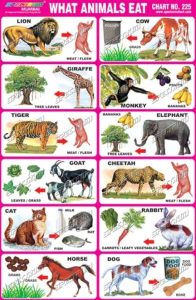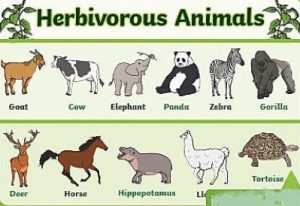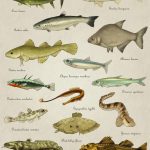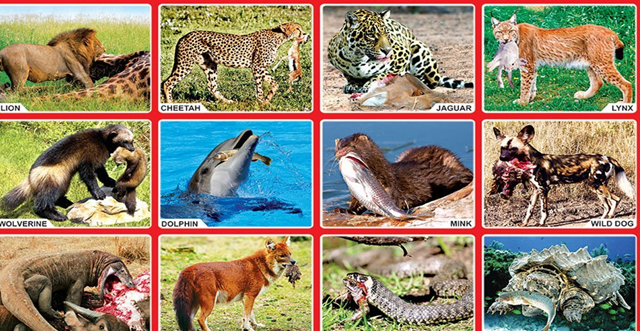A Businessman at Language Industry, Mats Andersson, has explained why human beings don’t usually eat animals that eat animals, such as lion, tiger, jackal, etc.
Beyond the fact that such animals tend to live in the jungles and could kill the human predator, Anderson adduced four cogent reasons for the issue.
 They accumulate parasites. Carnivore meat is usually full of parasites. Even omnivore meat has a significantly higher risk. The reason is simple: if one herbivore in 100 is infected with a parasite that will be passed on to anyone who eats it, it means that basically all carnivores will be infected, since they eat several hundred in their lifetime. Remember, they eat all their meat raw.
They accumulate parasites. Carnivore meat is usually full of parasites. Even omnivore meat has a significantly higher risk. The reason is simple: if one herbivore in 100 is infected with a parasite that will be passed on to anyone who eats it, it means that basically all carnivores will be infected, since they eat several hundred in their lifetime. Remember, they eat all their meat raw.
 They accumulate toxins. Same as above, really: if there’s something unhealthy in the ground, it tends to become concentrated in predators. Stuff like mercury, DDT, heavy metals and so on.
They accumulate toxins. Same as above, really: if there’s something unhealthy in the ground, it tends to become concentrated in predators. Stuff like mercury, DDT, heavy metals and so on.
They actually don’t taste good. They usually have an extremely gamey taste, and the meat tends to be tough, since all the muscles have seen heavy use.

It’s uneconomical. A human needs about 150 square metres to grow all the vegetables needed. A cow needs about 600, because they eat low-energy grass. A predator needs a whole herd of cows; you basically need to feed the predator meat you could have eaten yourself.
He did state, though, that his explanations are only valid for terrestrial ecosystems.
“Marine ecosystems don’t suffer from the same poor economics, and we do eat marine predators – we even prefer them, due to the taste.

“They have the same issues about accumulating toxins, though, which is why it’s not recommended to eat fish from some lakes due to pollution, and there are limitations on, for example, how much fish pregnant women are recommended to eat from some marine environments, like the Baltic Sea” Anderson said.
NB: As a pregnant woman or nursing mother, always consult your doctor about your dietary needs and follow the advice religiously.


